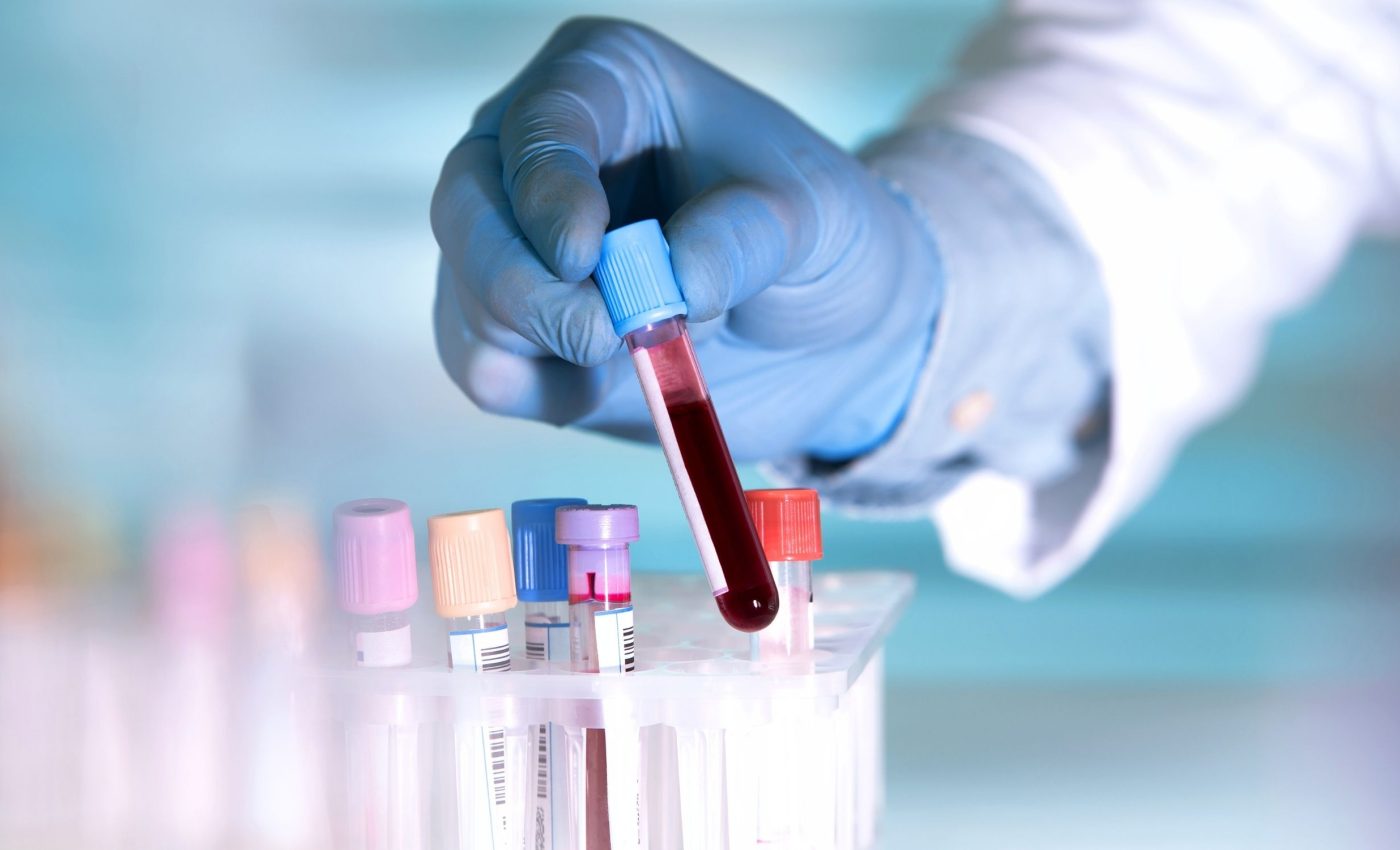
Simple blood test detects cancer up to 3 years before symptoms appear
Some cancers slip under the radar and remain undetected for years – silently progressing without noticeable symptoms.
Researchers have been studying new ways to reveal these hidden problems in the body, and recent findings show that cancer can sometimes be detected well before symptoms appear.
A new investigation explores a laboratory test designed to detect bits of circulating tumor DNA. This approach was led by Yuxuan Wang, an assistant professor of oncology at the Johns Hopkins University School of Medicine.
Blood test for early cancer detection
The researchers analyzed blood samples collected from individuals who had no visible signs of disease. They discovered that certain tumor-related markers showed up in the bloodstream far in advance of a cancer diagnosis.
“Three years earlier provides time for intervention. The tumors are likely to be much less advanced and more likely to be curable,” noted Wang.
The experts used sensitive methods to spot changes in DNA, which is genetic material found in every cell. When tumors form, small pieces of this DNA can enter the bloodstream.
Finding such fragments takes advanced technology and careful analysis. Detecting them early may allow for better outcomes and more personalized care.
Early cancer clues in blood samples
The team used stored blood samples from the Atherosclerosis Risk in Communities (ARIC) study, which has been running since the 1980s. This long-term study follows thousands of people to understand the causes of heart and vascular disease.
By going back to samples collected over three years before diagnosis, the researchers could look at real-world cases where cancer developed naturally over time. That makes their findings stronger because they didn’t rely on artificial lab conditions.
Blood test detects cancer before symptoms
Many tests only catch disease once symptoms are obvious. The study highlights a potential window of opportunity that could shift how doctors monitor at-risk individuals. Armed with this type of blood-based detection, it might be possible to begin treatments much sooner.
“This study shows the promise of MCED tests in detecting cancers very early, and sets the benchmark sensitivities required for their success,” said Bert Vogelstein, co-director of the Ludwig Center at Johns Hopkins.
Organizations such as the National Institutes of Health have supported investigations into early detection methods for several years. These efforts have broad implications for public health. When disease is found at an early stage, there is a greater possibility of simpler treatment.
Early detection helps treat cancer
Early identification often makes treatment easier. Targeted therapies or less aggressive interventions could become more common when irregular cells are discovered before they have time to spread.
Doctors may combine the blood-based tests with imaging or other types of health screening. This layered approach could lead to new pathways in cancer care.
Researchers are still refining how best to merge these methods without causing undue stress for patients or increasing costs.
Regular blood testing could save lives
People often visit their doctors only when something feels wrong. But these findings suggest that regular blood testing, even when you feel healthy, could help catch issues before they turn serious.
If these tests become part of routine care, doctors may one day use them the same way they check blood pressure or cholesterol. That could reshape how annual physicals are done and who gets referred for further screening.
Blood test may detect more than cancer
Although this study focused on cancer, the strategy of using blood samples to track emerging health concerns has broader potential. Other diseases may also produce telltale signals that show up early in circulation.
Some experts believe this framework could improve how doctors handle chronic illnesses. If medical teams can identify trouble before any clinical signs appear, there might be more room for preventive measures. Large-scale trials remain essential to show where these strategies fit best.
Challenges and next steps
Certain laboratories already test blood samples for tumor-related genetic hints, but refining accuracy takes time. False positives and unnecessary procedures are a concern.
Researchers continue to work on standards to ensure these screening tools are both reliable and accessible to the wider population.
Gathering diverse data is key. Different cancers have different markers, and not all forms of the disease release the same patterns of DNA into the bloodstream. Ongoing research should show where these blood tests work well and where they do not.
What this means for future research
Scientists now have a clearer idea of the mutation levels that need to be detected for blood tests to catch cancer early.
Some samples showed the same DNA changes as later ones, but at levels up to 79 times lower. That gives labs a benchmark to improve test sensitivity.
These insights could guide how future trials are designed. Studies might focus on high-risk groups, testing intervals, or ways to combine blood tests with other markers like protein changes or immune responses.
The research is published in the journal Cancer Discovery.
—–
Like what you read? Subscribe to our newsletter for engaging articles, exclusive content, and the latest updates.
Check us out on EarthSnap, a free app brought to you by Eric Ralls and Earth.com.
—–













